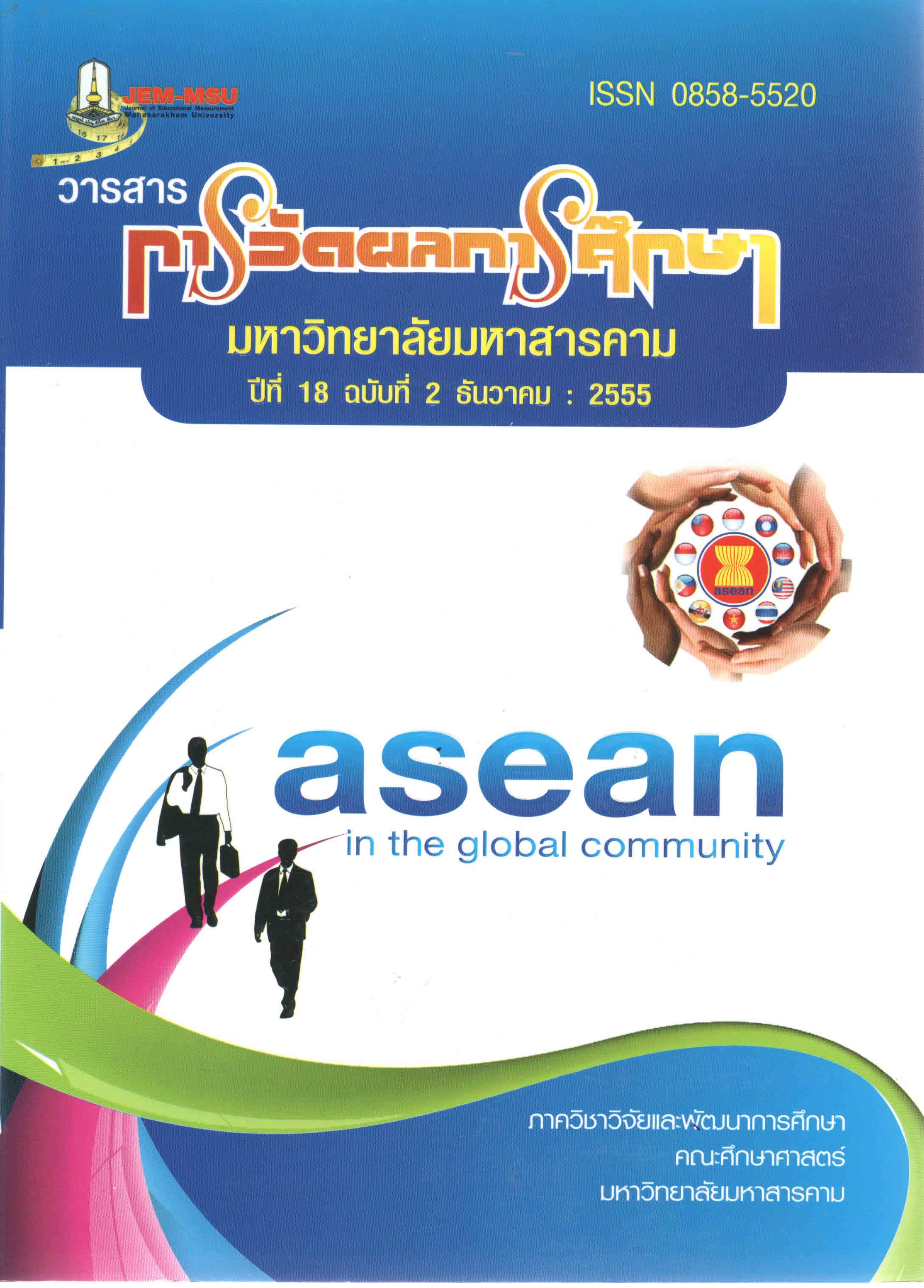THE DEVELOPMENT OF CURRICULUM TO ENHANCE LOVING-KINDNESS AND COMPASSION FOR STUDENTS IN RAJAMANGALA UNIVERSITY OF TECHNOLOGY LANNA TAK
Main Article Content
Abstract
The purpose of this research was to develop the curriculum to enhance lovingkindness and compassion for students in Rajamangala University of Technology
Lanna Tak and to evaluate the effectiveness of the curriculum. The loving-kindness
and compassion characteristics consist of 6 components: 1) cause no harm to and take
no advantage of others, 2) forgiveness, 3) generosity, 4) kind speech, 5) useful services,
and 6) even and equal treatment. The study was conducted under a research and
development process in 4 stages were 1) studying fundamental data, 2) creating the
curriculum, 3) implementing the curriculum, and 4) evaluating and improving the
curriculum. Samples were 60 students from 2 classes, first year electrical engineering
students during the second semester of 2011 academic year. The pretest-posttest
control group design was utilized, each experimental group and control group
comprising 30 students. The finding revealed that loving-kindness and compassion
average posttest scores of experimental group were higher statistical significantly than
control group (p < .01). Loving-kindness and compassion average posttest scores of
experimental group were higher statistical significantly than pretest (p < .01). Lovingkindness and compassion behaviors of experimental group which were observed by
researcher, teacher, and students were at a very good level. Loving-kindness and
compassion of experimental group which were evaluated from journal writing were at a
very good level. The findings indicated that the curriculum could enhance lovingkindness and compassion for students.
Article Details
The content and information contained in the published article in the Journal of Educational Measurement Mahasarakham University represent the opinions and responsibilities of the authors directly. The editorial board of the journal is not necessarily in agreement with or responsible for any of the content.
The articles, data, content, images, etc. that have been published in the Journal of Educational Measurement Mahasarakham University are copyrighted by the journal. If any individual or organization wishes to reproduce or perform any actions involving the entirety or any part of the content, they must obtain written permission from the Journal of Educational Measurement Mahasarakham University.


